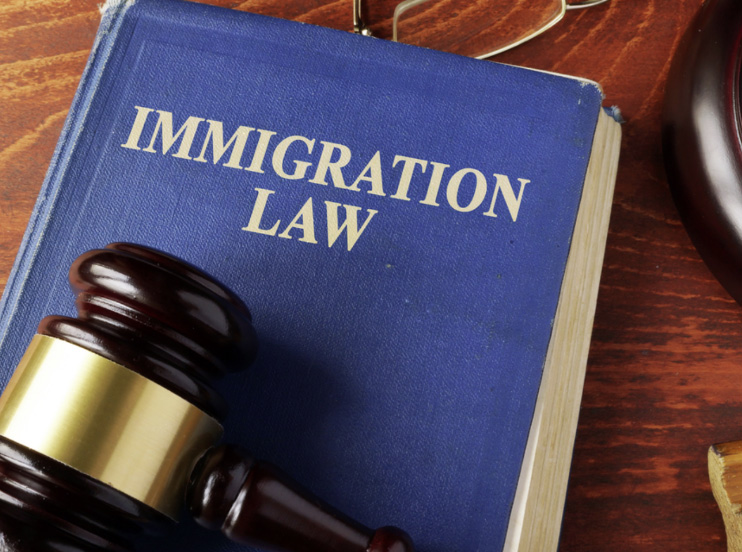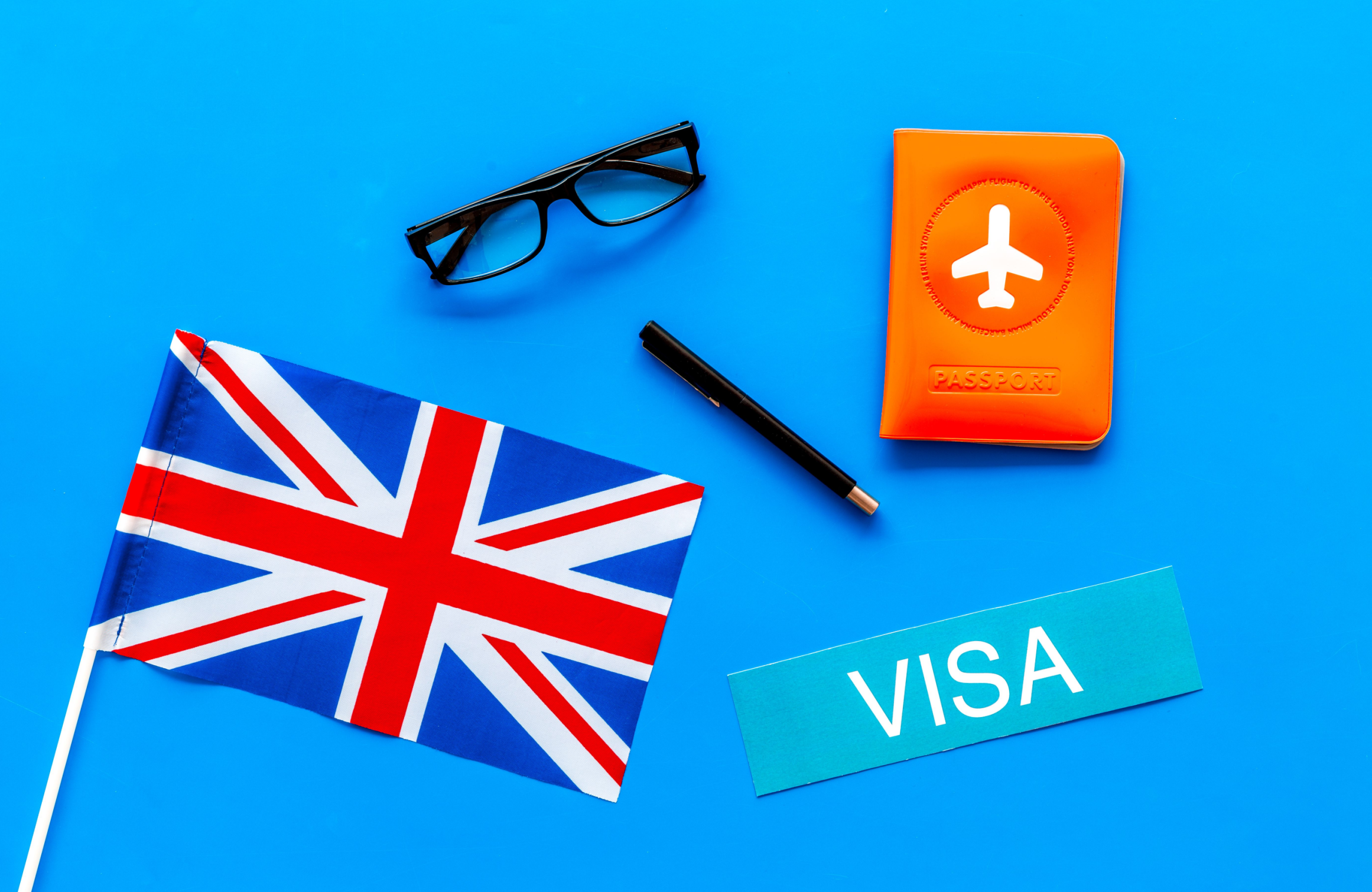Are you a hospitality business owner, managing a pub, restaurant, or hotel, and considering sponsoring workers under a skilled worker sponsor licence? In this guide, we’ll walk you through the process of obtaining a UK sponsor licence. Understanding which roles you can sponsor, the associated costs, and ensuring compliance is crucial in this journey. If you want to deep-dive into the general sponsor licence requirements, check out our more detailed legal guide.
Which roles can I sponsor?
Fortunately, there’s good news for those grappling with the chronic shortage of chefs in the hospitality sector. We’ve also assisted businesses in recruiting professionals such as restaurant managers, assistant managers, bar managers, floor managers, and roles related to marketing and sales.
Regrettably, some roles, including waiters, bar workers, room attendants, and cleaners, are not deemed sufficiently skilled for sponsorship. You can find a comprehensive list of eligible occupations on this website.
What are the benefits of sponsorship?
The main benefit of sponsorship is that the sponsored worker must work for you and can only work for another employer doing ‘supplementary employment’ in extremely limited circumstances. Yes, they could switch employers, but they would need to find another employer with an appropriate licence. That employer would then need to sponsor that individual and that individual would need to make a fresh visa application and receive a positive decision, before he or she could start work at the new place.
Whilst there are significant costs (as set out below), we find that most employers are already paying exorbitant recruiter fees for workers that often don’t stick around. Going down the sponsorship route often turns out to be the cheaper option. Sponsorship also allows you to tap into a highly skilled and generally willing workforce.
Understanding the costs?
To sponsor a ‘non-settled worker’ – someone who is neither British nor possesses indefinite leave to remain – you must adhere to a minimum pay rate. Calculating this rate can be complicated. At the time of writing, you must pay at least £10.75 per hour. Additionally, you’ll need to guarantee an annual salary, typically no less than £26,200. Exceptions apply, like for individuals under 26 or ‘recent graduates from a UK university,’ where the threshold is reduced to £20,960, while the hourly rate remains at £10.75.
It’s worth noting the minimum salary threshold is set to increase on 4 April 2024 soaring from £26,200 to £38,700.
Any given job has a ‘going rate’ which you also need to comply with. However, in the case of chefs, restaurant managers and floor managers, the going rate is below the £10.75 hourly rate and so can be discounted for those roles. A list of going rates for each job code is set out here.
Again, our legal guide breaks this area down into more detail.
Application process
Obtaining a skilled worker sponsor licence for your pub, restaurant, or hotel involves completing an online application form, available here. The application requires several supporting documents, as detailed in Appendix A, and a cover letter containing mandatory information. For businesses in the food industry, registration with your local authority or a published rating on the Scores on the Doors website is a prerequisite, serving as one of the four core documents you must provide.
The standard processing time for your application is up to eight weeks. However, if you’re in a hurry, you can opt for an expedited service for an additional fee of £500, ensuring a two-week turnaround.
At Truth Legal, we can guide you through this process and handle the licence application on your behalf. However, if you prefer to navigate it independently, our detailed legal guide is a valuable resource.
Sponsor licence compliance
Pubs, restaurants, and hotels have often been subject to Home Office audits, either during the licence application process or after obtaining the licence. An audit during the application process can significantly delay the processing of your application.
A negative audit during the sponsor licence application will likely lead to a refusal and a minimum six-month ban on reapplying, known as a ‘cooling-off period’. If the Home Office audit you after the licence has been approved, and you are found to be non-compliant, then at worst you risk having your licence revoked and all sponsored workers having their visas cancelled.
The Home Office expects businesses to take their sponsor licence responsibilities seriously. You are required to have robust HR systems in place, specifically tailored for sponsor licence duties. Our detailed guide provides further insights into compliance.
Costs for the business?
The sponsor licence fee comes with two options: £536 or £1,476. Small businesses are eligible for the lower fee, while medium and large businesses are subject to the higher fee.
For each worker you sponsor, a Certificate of Sponsorship (CoS) is required, which you must ‘assign’ to the worker. Assigning a CoS incurs a flat fee of £239. In addition to the CoS fee, you’ll need to pay the Immigration Skills Charge (ISC) for each worker, which can be either £364 or £1,000 per year. The lower fee applies to small businesses, and the higher fee to medium and large businesses. Despite being an annual fee, you must pay the entire amount upfront.
If you’re not sure about how long to sponsor, you might find our blog article titled “How Long Should I Sponsor my Skilled Worker for?” helpful.
How much does it cost the worker?
The visa fee the worker pays varies depending on two things: whether you’re inside or outside the UK when you apply and the duration of the visa. Here are the numbers:
- If you’re applying from outside the UK and your visa is three years or less, it’s £719.
- If you’re outside the UK and want a visa for more than three years, it’s £1,420.
- For those applying from inside the UK with a visa of three years or less, it’s £827.
- If you’re inside the UK and want a visa for more than three years, the fee is £1,500.
Now, here’s another hefty one: the Immigration Health Surcharge (IHS) currently stands at £1,035 for each year of sponsorship and, like the ISC, you pay it all upfront. For instance, a two-year sponsorship means coughing up £2,070, and for a five-year sponsorship, it’s a wallet-draining £5,175.
How can Truth Legal help?
Truth Legal specialises in aiding hospitality businesses in securing sponsor licences and subsequently sponsoring individuals, including chefs and various other roles. If you are a business contemplating sponsorship, please get in touch with us for a free consultation today.
Further Reading
From one of the UK’s most read legal blogs.












